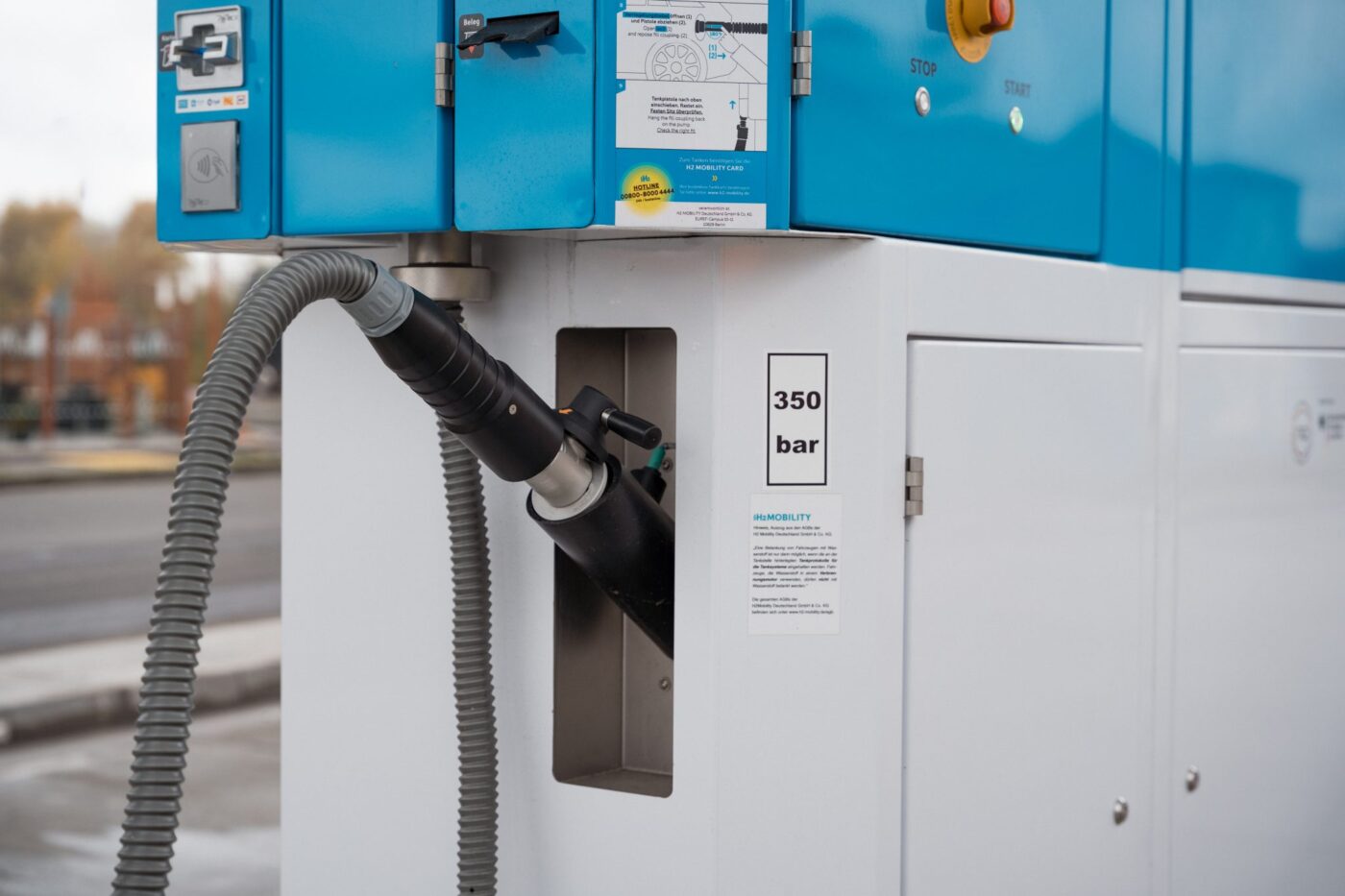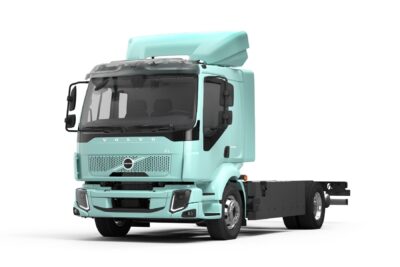Celadyne and GM are working on longer-lasting fuel cells for trucks
The project will utilise Celadyne’s Dura technology to develop and produce longer-life fuel cells for heavy-duty applications. These long-life fuel cells will support a broader decarbonisation strategy for heavy-duty vehicles and industrial applications.
“At Celadyne, we firmly believe that if you can unlock hydrogen, you can change the world,” said Gary Ong, CEO and founder of Celadyne Technologies. “We are dedicated to bringing our hydrogen solutions to the world’s major industries and players, propelling hydrogen toward mass market adoption for the sake of the planet. To collaborate with some of the world’s most well-known and respected developers of fuel cell systems on such a wide-scale project means bringing green solutions to the forefront, and we couldn’t be more excited.”
According to the company, Celadyne’s Dura technology makes fuel cells particularly durable by using advanced cells with three key properties: It keeps membranes thin, allows protons to flow quickly and prevents gases and ions from moving around too much. It enables special membrane electrode assemblies (MEAs) with thin selective transport (ST) layers next to or inside the proton exchange membrane (PEM).
“Fuel cells were originally developed for light-duty systems,” explained Celadyne founder Gary Ong to Interesting Engineering magazine. “To meet heavy-duty application milestones, similar to those of a diesel engine, we need to quintuple the durability of existing fuel cells.”
But why target heavy goods transport directly instead of trialling the technology in a smaller vehicle such as a car first? “Hydrogen makes sense where size, scale, and volume matter,” Ong tells Interesting Engineering. “Basically, it makes sense for industrial decarbonization and industrial logistics. It has much higher value in these hard-to-abate sectors where direct electrification or battery electrification can struggle,” Ong continues.
Meanwhile, the use of hydrogen in commercial vehicles is progressing. Daimler Truck’s fuel cell truck entered the next phase on its way to series production at the end of July. After long internal test drives, the company handed over the first five pre-series vehicles to customers to test the GenH2 truck in their daily logistics operations.





0 Comments